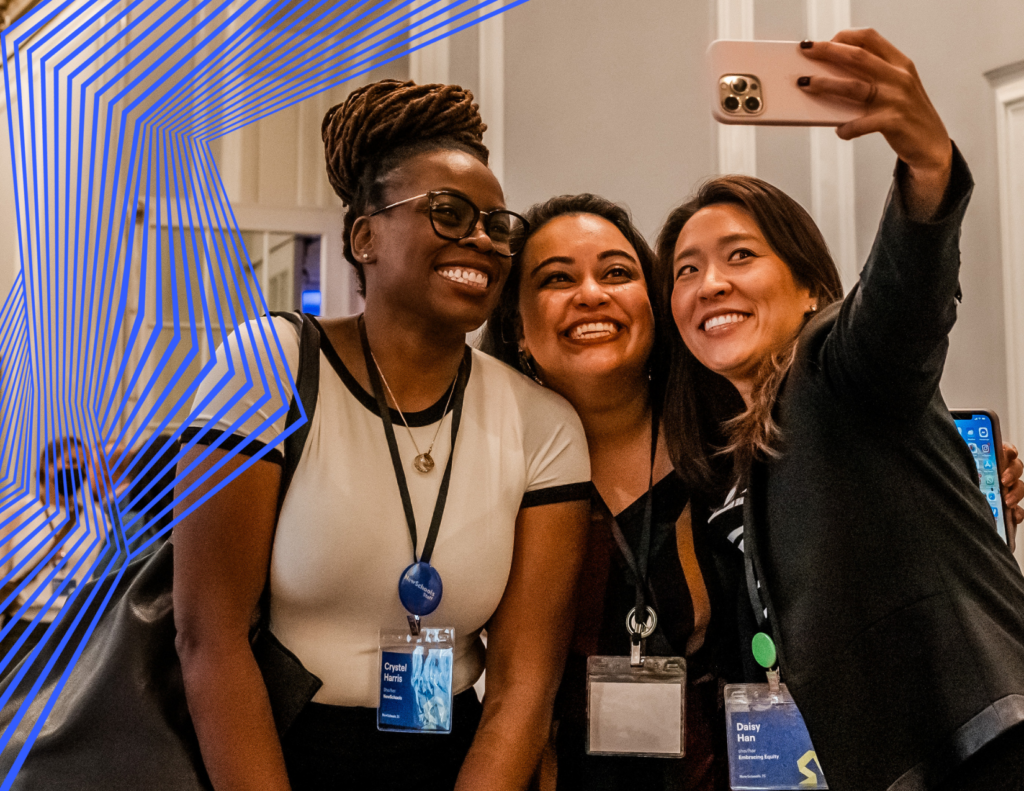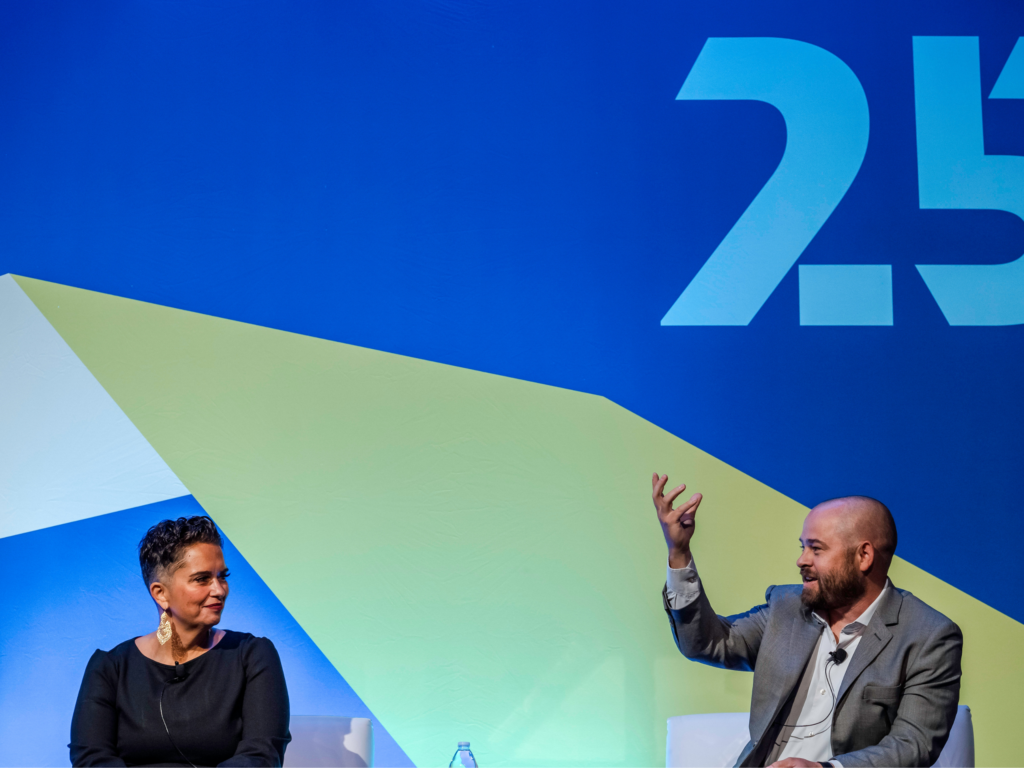Crossing Over Jordan: Building Relationships between Communities and Ed Reformers
“I put children first,” a simple philosophy from Dr. David Hampton, on how he is able to bring his community along with him in the effort improve educational options for kids in his community. In Crossing Over Jordan, Hampton and Reverend Kendrick Curry from the Pennsylvania Avenue Baptist Church, shared how education reformers can better connect with their faith communities in order to build a community foundation for transforming education.
Curry, Hampton, and their education reformer peers from the Mind Trust, Kameelah Shahdeed-Diallo and David Harris, expressed a common desire to challenge the status quo in public education. Yet, while there is broad support for the ideas that could transform our schools, we have to recognize that how we communicate these ideas is just as important. Shahdeed-Diallo emphasized a key learning from her work in community engagement for the Mind Trust, “race matters and the messenger matters. People want to know who you are and what you believe in before they can give their support.” When we are not able to find common ground, work together, and hear one another, children are the ones who suffer. Hampton noted that there is “a romanticism” of the public education in the past and that these narratives are strong and often lead communities to believe that the status quo is better serving students than is the reality.
Harris, CEO of the Mind Trust, was open in sharing a mistake in his organization’s approach to the work in Indianapolis: they did not engage the community before rolling out their plan for supporting education reform efforts in the city. Drawing from his experience in Washington, DC, Curry emphasized that a lack of authenticity on the part of education reformers often impedes open lines of communication and prevents community members most affected by changes in public education, and most often disenfranchised, from feeling heard.
While issues surrounding reform of public education are sensitive and complex, the belief that our children deserve better can serve as a unifying force in bringing ed reformers together with community leaders, but only if we are willing to put in the time to build the trusting foundations for change.


